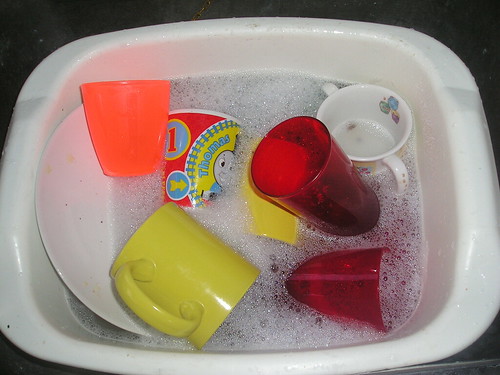International students coming to
the UK isn’t only to gain a world-class education, open the doors to their
dream career, and perfect their English, but also to have the adventure of a
lifetime and do something different. If you also have these ambitious aims in
mind, thinking about your daily tasks in your spare time will greatly
contribute to your overall experience. In other words, outside study and
part-time jobs, the question is whether you prefer burying yourself in bed,
sticking with online games, or doing something meaningful to make the most of
your experience here. If the last option seems to fascinate you more, read on
for further suggestions.
Volunteering
You can normally find volunteering
placements through your Students’ Union, university career centre, local
charities/NGOs, or one-off festivals/events. Whether you’ve got an hour or two
days a week to spare, don’t hesitate to talk to them, state your availability,
and identify your strengths/development areas. Helping out at a fundraising
event, teaching at local schools, befriending people with special needs, and
undertaking conservation tasks at the wildlife trust are only a few activities
that you can try out amongst the wealth of fantastic opportunities available. So
why not taking the chance to make a difference to the local community and learn
new skills?
Travelling
The UK is loaded with desirable
destinations and discoveries. From Megabus, car sharing services, and YoungPerson railcard to affordable youth hostels and Couchsurfing, who says you need
to spend a fortune to discover the splendour of the British Isles? Some
universities and International Students House (London) organise day trips if
you are concerned with the hassle of planning everything yourself. I may be
biased but my favourite places to visit are definitely London, Bath, Edinburgh,
Glasgow, and the Lake District.
Joining societies and clubs
Societies are a great way to meet
like minded people in a range of activities so why not join one or more and add
another dimension to your student experience! Whether you’re already talented
at football and want to coach others, or simply want to learn archery for the
first time, have a go at any societies and clubs. If you haven’t found anything
of your taste, Students’ Unions are always happy for you to establish a new
one.
Setting up a business
It isn’t as rocket science as
some may think. You don’t need the Richard Branson brain to ask for funding,
write a business plan, do the account, and all that. Something that has already
been a proven success in your home country yet not been executed here yet – you
could be the one to start it. Again, Students’ Union and career centre are the
place to seek consultation and support. Do it for fun, money, skill
development, and career prospect.
Connecting with local families
HOST is a NFP organisation
dedicated to connect British families with international students. The host
welcomes students to stay with them, share their way of life, and spend quality
time. To some students who can’t afford to go home during holidays, this
opportunity is a great way to avoid feeling homesick, explore a new area in
Britain, and experience the culture.
Attending career workshops and employer events
At UK schools, colleges and
universities, you will find professional career advisers who can help you plan
your career, and give you advice on how to look for work, prepare for
interviews and write your CV. Career centres often schedule employability
workshops such as filling in application forms, completing psychometric tests,
and dealing with rejections, or employer events where they present their
companies, give application advice, and suggest job opportunities.
Plugging into your academic department
If researching is more your
thing, ask your tutors and lecturers, whose research area is of your interest,
whether they would like to take you on as an assistant. Even if your task may
initially be as mundane as data entry, file organisation, or transcription, it will
provide you with practical knowledge and skills of how to do research and your
interested topic area.
Taking up a new hobby
The more you try things the better
you'll get to know yourself. Since you’re in a new environment and everything
around you is different from where you come from, why not start practising
something to impress friends and family back home and become better-rounded? If
you like making beautiful things, try jewellery making, origami, or
scrapbooking. If you are a nature type, don’t miss bird watching, photography,
hiking, or cycling. How about learning an instrument and dancing for the music
lovers?
We all know that you come here
mostly to study. In fact, studying is important but student life is more than
that. No matter what your definition of pastime is, you will find anything that
you can think of here. My general advice is using your time wisely and trying
to balance everything you do.
Read this on AFS blog
















